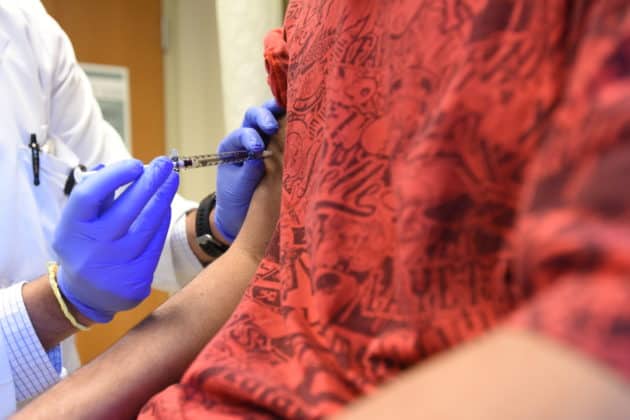
Residents are required to develop competencies in the six areas below to the level expected of a new practitioner. Residents are provided appropriate clinical experiences to develop and demonstrate the following specific knowledge, skills, and attitudes:
- Patient Care that is compassionate, appropriate, and effective for the treatment of health problems and the promotion of health.
- Medical Knowledge about established and evolving biomedical, clinical and cognate (e.g., epidemiological and social-behavioral) sciences and the application of this knowledge to patient care.
- Practice-based Learning and Improvement that involves investigation and evaluation of their own patient care, appraisal and assimilation of scientific evidence, and improvement in patient care.
- Interpersonal and Communication Skills that result in effective information exchange and learning with patients, their families, and other health professionals.
- Professionalism as manifested through a commitment to carrying out professional responsibilities, adherence to ethical principles, and sensitivity to a diverse patient population.
- Systems-Based Practice as manifested by actions that demonstrate an awareness of and responsiveness to the larger context and system of healthcare and the ability to effectively call on system resources to provide care that is of optimal value.
Residents will learn the diagnosis, pathogenesis, treatment, prevention and rehabilitation of those neuromusculoskeletal, neurobehavioral, cardiovascular, pulmonary, and other system disorders common to this specialty in patients of both sexes and all ages.
At the completion of their training, each resident will be able to independently:
- Modify history-taking technique to include data critical to the recognition of functional abilities and physical and psychosocial impairments that may cause functional disabilities;
- Perform the general and specific physiatric examinations, including electromyography, nerve conduction studies, and other procedures common to the practice of physical medicine and rehabilitation.
- Make sound clinical judgments.
- Design and monitor rehabilitation treatment programs to minimize and prevent impairment and maximize functional abilities.
- Effectively and efficiently coordinate, manage, and lead an interdisciplinary team of allied rehabilitation health professionals for the maximum benefit of the patient.
- Write adequately detailed prescriptions based on functional goals for physiatric management.
Additionally, our training program stresses the importance of self-evaluation, continuing medical education, and continued professional development after graduation. The curiosity and creativity of all residents must be stimulated and must be involved in the critical appraisal of current literature, communication with colleagues, and attendance at society meetings and other educational forums.
For more information on the ACGME Milestones, visit the Physical Medicine and Rehabilitation Specialty website.
